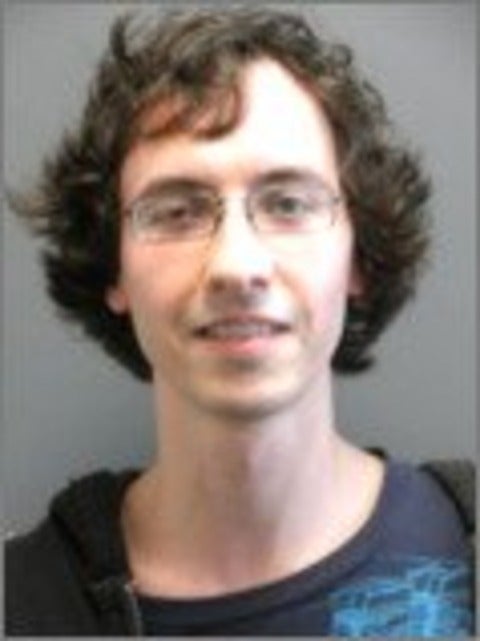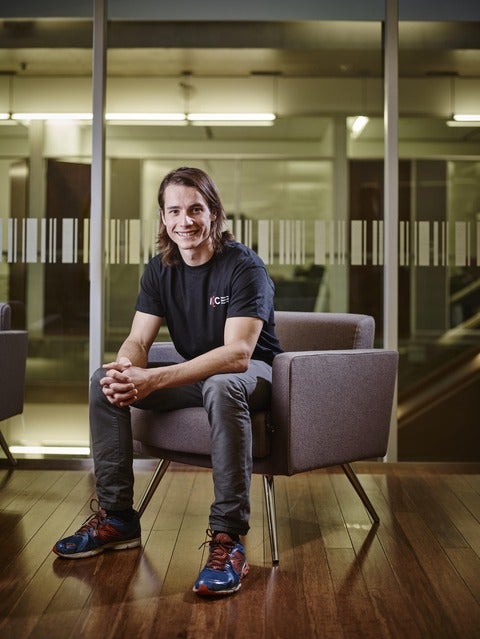CryptoWorks21 - Don't mess with my code
Speaker: Heather Hoff
Abstract: Software is a key asset of any new business. How do you protect the results of weeks or months of hard labour? Who owns the software and how do I mange its development to ensure its inherent value is maintained? Should I use Open Source, or even contribute to Open Source? What are the benefits and how does this measure up against the risks?

